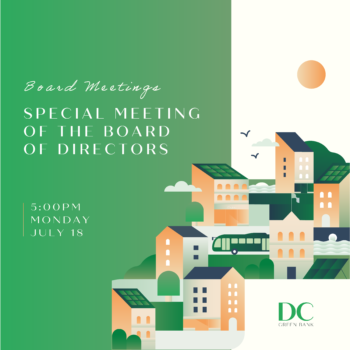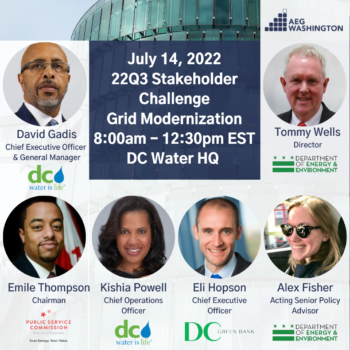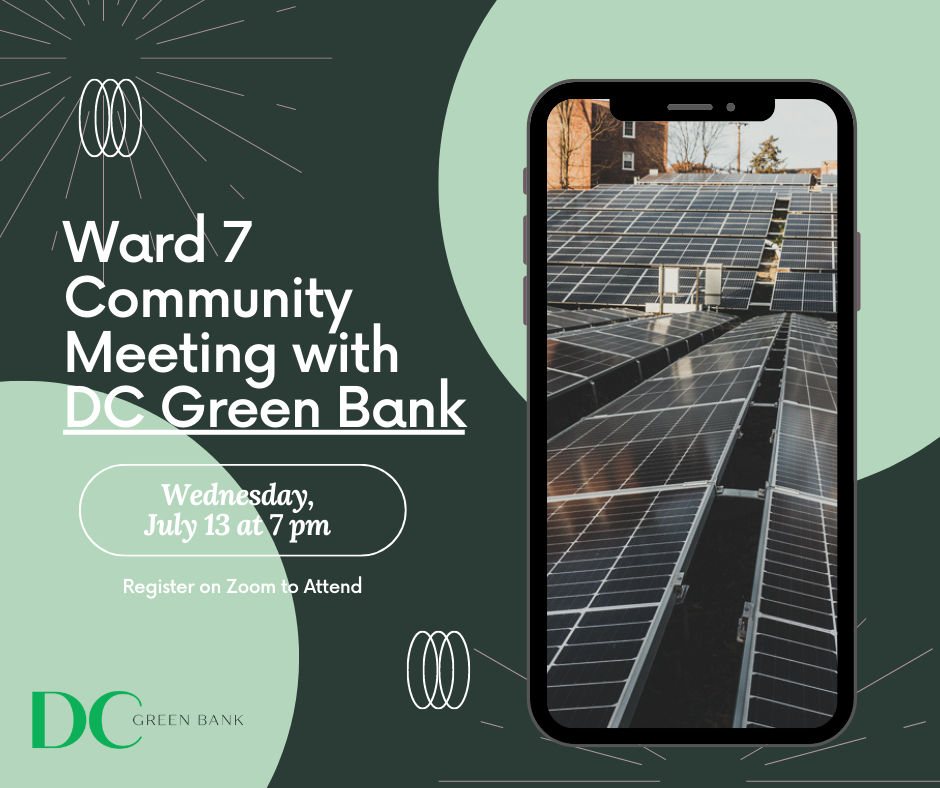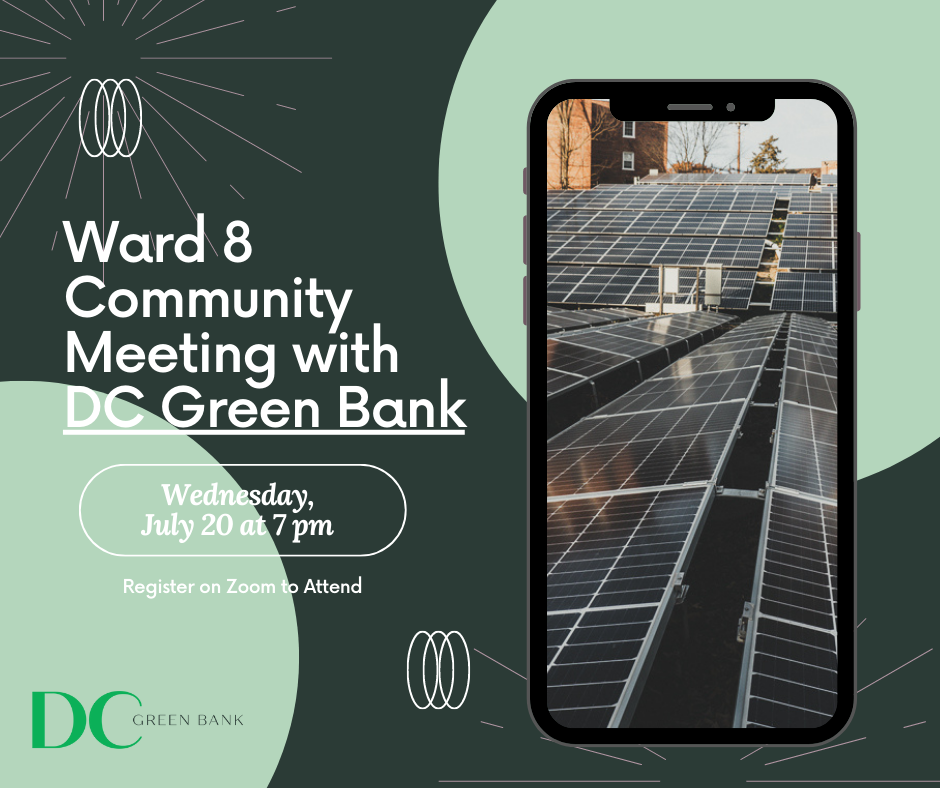The fight against climate change will need big investments in infrastructure like solar and wind farms, transmission grids and low-carbon industry. But it also needs many more small-scale investments for hundreds of millions of homes and businesses — and that kind of work is best done locally.
So say green-bank proponents like Reed Hundt, the former U.S. Federal Communications Commission chair under the Clinton administration. As co-founder and CEO of the Coalition for Green Capital, Hundt has spent the past 13 years working to expand the role of green banks, entities that use public funds to supply low-cost, long-term financing for projects that would otherwise struggle to get it.
Since the first green bank was launched in Connecticut in 2011, 23 have sprung up across 17 states, drawing in further private-sector lending for carbon-reducing projects such as rooftop solar, efficiency retrofits and electric heat-pump installations. Last week’s passage of the Inflation Reduction Act brought the next step in that campaign: the creation of a $27 billion Greenhouse Gas Reduction Fund, or in other words, a national green bank.
The fund will be set up by the U.S. Environmental Protection Agency as a stand-alone entity; it’s required to begin disbursing funds within 180 days of the law’s passage. It will primarily work through state and local green banks, directing $20 billion to fund ongoing lending, loan-loss reserves and other activities. Of that amount, $8 billion is set aside for low-income and disadvantaged communities. These communities will also be the focus of the fund’s remaining $7 billion in financial assistance available for states, municipalities and tribal governments.
Eli Hopson, CEO of the DC Green Bank in Washington, D.C. — the first city-based entity of its kind in the U.S. — added that green banks can lower the risk profile of relatively novel forms of lending for private-sector banks, as entities like NY Green Bank have done for community-solar projects and affordable-housing efficiency and electrification projects.
“For a commercial banker, these projects take as much work as a $10 million project or a $100 million project,” he said. “For them to learn the new market of solar credits, get comfortable with the technology — that’s a big investment of time and resources.”
Jessica Pitts, co-founder and principal of Flywheel Development, a Washington, D.C.–based sustainable development company that’s working with DC Green Bank on installing community solar in the Fairfax Village community, noted that “the challenge with financing is the relative newness of the solar market compared to other business ventures, like restaurants or apartment buildings, that traditional banks are comfortable with financing.”
“One of the roles the green bank has served in working with us is legitimizing solar as an asset class or business enterprise that can be financed and should be financed, that it’s viable and makes sense,” she said.
DC Green Bank is also working with PosiGen on its low-income solar programs, which have already landed enough customers to exhaust its existing $7 million loan facility, CEO Hopson said. While these loans are still in their early days, other green banks with longer track records “report back to us that they have fewer challenges with loans in low-income communities than they do with more mainline business projects they fund,” he said. One potential reason is that, while businesses may “use bankruptcy as a tool that can be deployed from time to time,” low-income community residents and groups “are just committed to making it work.”
DC Green Bank is seeking additional funding from the national green bank to double the size of its low-income solar program to $15 million, Hopson said. That’s one of a host of projects that are part of the Coalition for Green Capital’s $21 billion backlog estimate.
“From a national perspective, $27 billion invested in sustainable finance goes a long way toward drawing in the leverage from private institutions to say, ‘This is a real commitment,’” he said.
Read the Full Article Here



